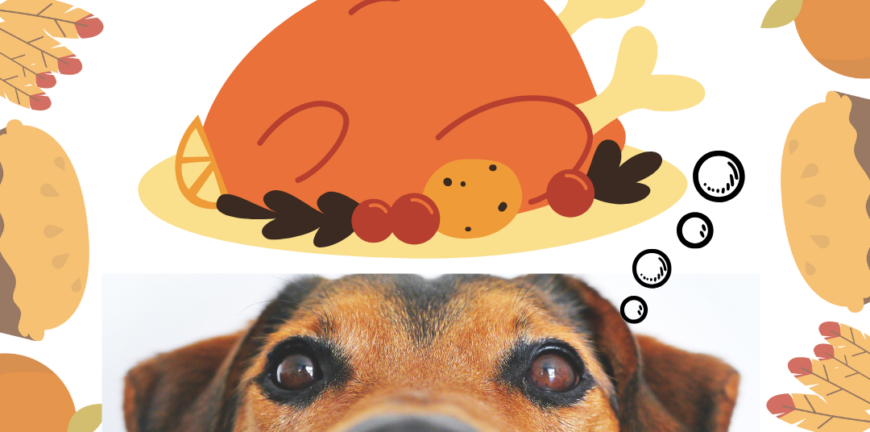November 25, 2024

Pancreatitis in Dogs and Cats
The pancreas is a glandular organ that lies along the first portion of the small intestine. It has two main jobs: secrete enzymes that aid in digestion and produce insulin and glucagon (hormones that regulate how ingested nutrients are used).
Pancreatitis is inflammation of the pancreas. When the pancreas becomes inflamed, digestive enzymes normally stored in inactive forms are activated and the pancreas starts to digest itself. This causes significant abdominal pain, loss of appetite, vomiting and sometimes diarrhea.
What causes pancreatitis?
There are multiple causes. Intestinal contents can “backwash” into the pancreas and cause inflammation. Trauma or tumors can trigger pancreatitis. Various endocrine diseases like Diabetes and Hypothyroidism can predispose a pet to pancreatitis. Obesity is another risk factor. So is being a Miniature Schnauzer – they can have altered fat metabolism which can cause pancreatitis. However the most common cause in dogs is a sudden high-fat meal which overstimulates the pancreas. Think getting into the trash or getting a special treat.
How do we test for pancreatitis?
There are a few ways to test for pancreatitis. Blood work, like a chemistry panel, might show elevated pancreatic enzymes (lipase and amylase). There is also a targeted blood test (CPL) that tests for inflammation in the pancreas. Abdominal ultrasound is another test that can be useful and can sometimes even detect masses (tumors) if they are present.
How is pancreatitis treated?
Most pets with pancreatitis need to be hospitalized. They are either not interested in eating or are vomiting up anything they try to eat or drink. They rapidly get dehydrated and weak. Hospitalization can provide fluid support, pain relief and nutritional support. Support is continued until patients are able to eat, drink and take medication on their own, which can take several days.
What happens once a pet recovers?
When a pet recovers enough to leave the hospital, they usually continue some medication for pain and nausea for a few days at home. They are also put on a low fat diet. Some pets should stay on a low fat diet long term, especially if they are predisposed to pancreatitis.
Pancreatitis is more common over the holidays when pets are getting some extra special treats, so please use caution. Give your pets only small portions of special treats and avoid fatty foods. Keep trash out of reach and don’t leave food on the counters or tables where pets might reach it.
If your pet has a decreased appetite, stops eating or starts vomiting – please seek veterinary care right away. Pancreatitis, like many illnesses, is easier to treat in the early stages.
We hope you and your pets have a safe and beautiful holiday season!